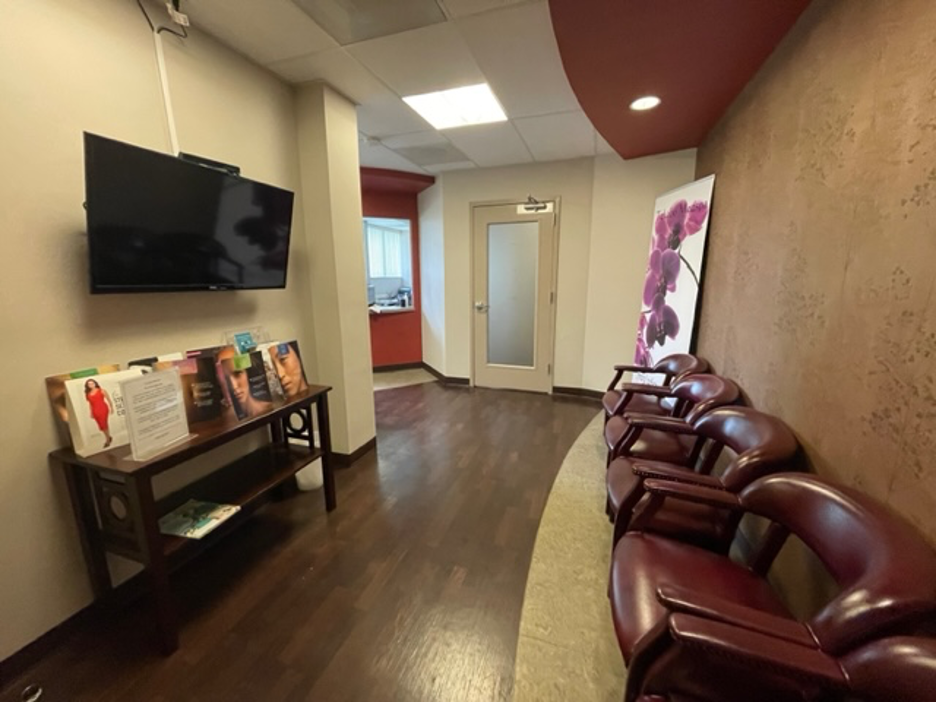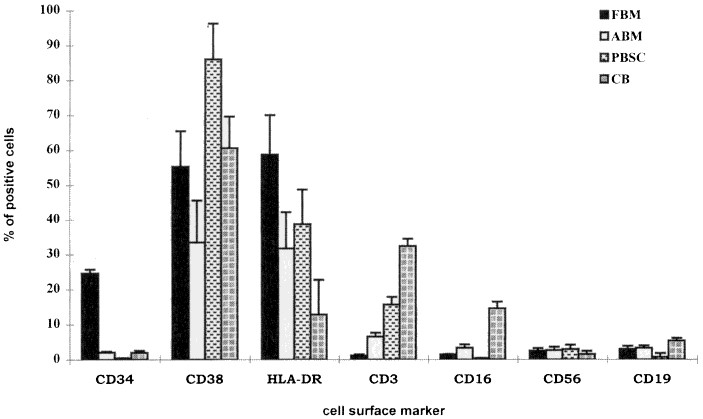It was the start of something that was badly needed in central Virginia: comprehensive, culturally sensitive, high-quality healthcare to the growing immigrant and refugee populations in the area.
In the 15 years since then, the refugee clinic has seen over 3,000 patients, a quarter of whom have been children.
“I’ve seen it grow from two providers to many, many providers,” Hauck says. “There are so many stories.”
Stranger in a Strange Land
Vacationers on holiday may find a trip to a strange country with foreign languages and customs an exciting change of pace. But families relocating to the U.S. are often fleeing tragic circumstance. They must navigate unfamiliar territory with the goal of daily survival, often without much in the way of monetary resources or social support.
For these families, the logistics of going to the doctor can prove stressful and disorienting, especially when sick or injured. Plus, “the environment of a huge healthcare system is quite foreign from what people are used to in many different countries around the world,” Hauck says.
One of her patients, Freshta Naseh, who arrived in 2008 from Afghanistan, says that in her country, “I never went to the public hospital.” If she wanted a regular check-up, she’d have to visit a private doctor’s office, where “they charge patients a lot, $100 for a visit. We didn’t have a family doctor.” Naseh remembers going to get help only when her son was very sick.
Upon arriving in Charlottesville, Naseh’s husband, an interpreter for the US army, was deployed. “I had a lot of problems, alone with three young boys and speaking no English,” she says. But the agency that helped her family come to Charlottesville referred Naseh to the UVA clinic. ”Hauck was our family doctor from the beginning,” she says. “When you get here as a refugee, you have to have everything checked — blood tests, checkups. I found them to be supportive. “
Which is exactly what Hauck had hoped the clinic would be. Especially when people need healthcare as soon as they arrive in the country.
“It’s not unusual for someone to get off the plane with a fever and end up in the emergency room with malaria, acute parasitic diseases, or hepatitis. They come with various illnesses more common in tropical climates, like Burma, Bhutan, Nepal, Africa.”
A Refugee Clinic for the Whole Family
As a family medicine clinic, providing prenatal care, well-child visits and adult healthcare, “we take care of multi-generation families, so when a family comes, they can come to one clinic, and it’s not so overwhelming.” Certainly, for Naseh, the ability to visit the doctor with her children in a single visit made going to the doctor “a good experience.”
Naseh’s story illustrates how the clinic offers the refugee population “an enormous benefit. We pave the way for them to enter the big maze of healthcare,” Hauck says. One way they do this: With the help of a dedicated nurse care coordinator, “who helps with the complexity of care refuges need from point A to point B.”
Also key for improved access and ease in the clinic: Interpreters. “80 to 90 percent of our patients do not speak English on arrival,” Hauck says.
“Patients tend to just be very grateful that there are interpreters; they’ve been in a lot of situations where they haven’t been able to communicate with people,” notes Claudia Allen, PhD, who provides family therapy to many of the clinic’s patients. “The fact we have translation services is great.”
“They provided me an interpreter and made it very easy for me,” Naseh says.





